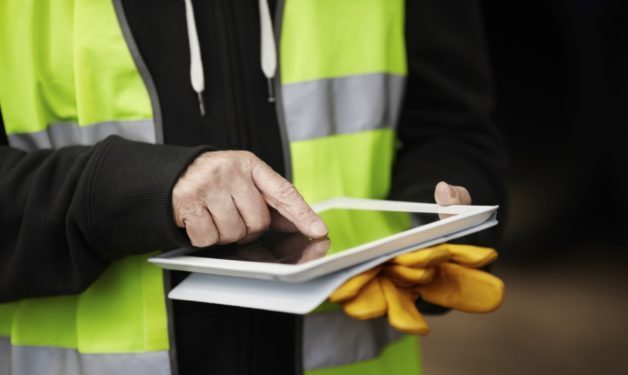
June 16th, 2025
Posted on June 21st, 2023 in Commodity Tax (HST), Construction & Real Estate, Domestic Tax

Given the vastness of the GST/HST rules, it is wise to check the GST/HST rules for all transactions, especially those that are non-routine, such as damage payments. Generally, damage payments do not constitute consideration for a taxable supply under the Excise Tax Act (ETA), so GST/HST is normally not payable. However, section 182(1) of the ETA deems certain damage payments to be consideration for a taxable supply, and inclusive of GST/HST.
Generally, subsection 182(1) applies under the following conditions:
The application of this provision is limited, in that it does not apply to damage payments, which are made by the supplier to the recipient. These rules would seem to apply for the liquidated damages, which can occur in large dollars in construction contracts. There are common situations that the CRA comments on in Policy Statement P-218, where the rules under subsection 182(1) would not be met, and they include:
The CRA does provide a number of examples as to when these rules would and would not apply. If your payment does fall into this provision, subsection 182(1) provides that the place of supply rules that applied to the original supply also apply to the deemed consideration. Thus, if the original supply was zero-rated, the deemed supply under subsection 182(1) will also be zero-rated and no tax will be remittable by the registrant. Furthermore, if the original supply was made in the participating province, then the deemed supply will also be made in the participating province.
We often see contracts where subsection 182(1) of the ETA is not considered in advance; and as this provision deems the payment to be inclusive of GST/HST, it can result in the monies you actually receive to be reduced by 5/105 or 13/113 in Ontario. If this oversight in the contract is noticed after the fact, as this is a deeming provision, even if the person receiving the damages payment separately is charged GST/HST, this will result in GST/HST being paid twice, as this provision deems GST/HST to have already been included in the damage payment. Thus, resulting in GST/HST to have been paid twice; first by virtue of the deeming rule discussed above and secondly by virtue of the separate invoice that charged GST/HST in error.
If you are the party making the damage payment, this deeming provision allows you to claim an ITC for the GST/HST deemed to have been paid pursuant to section 182 of the ETA. If you have made these payments in the prior 4 years, it would be prudent to see if the damages met the rules under 182 of the ETA to recover any GST/HST deemed to have been paid.
Overall, when drafting agreements, it would be wise to contemplate the rules in section 182 of the ETA that apply. If they do apply, the agreement should ensure the damage payment as calculated in the agreement is grossed up by an amount equal to the GST/HST applicable to the transaction. Therefore, when the payment is received and GST/HST is calculated into the total payment, you will not be out of pocket the GST/HST.
Drop us a line, we look forward to hearing from you.